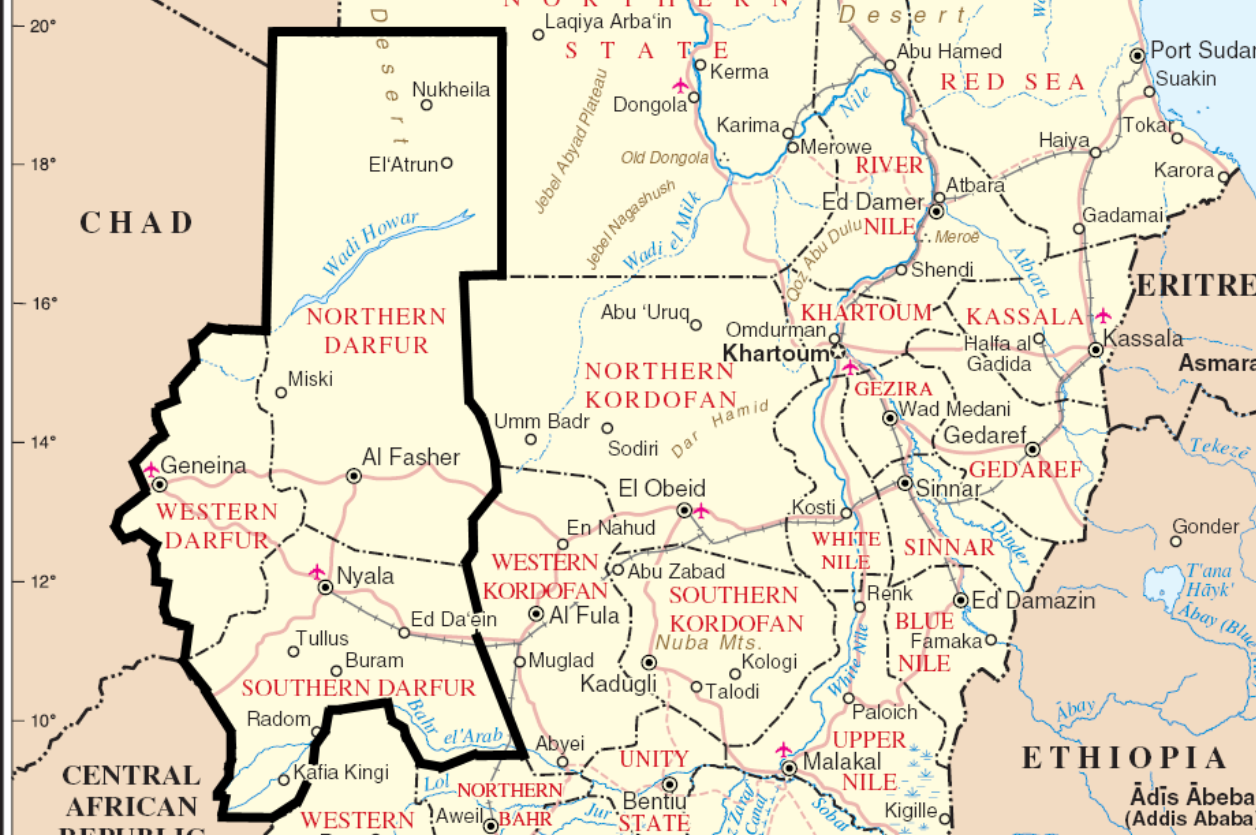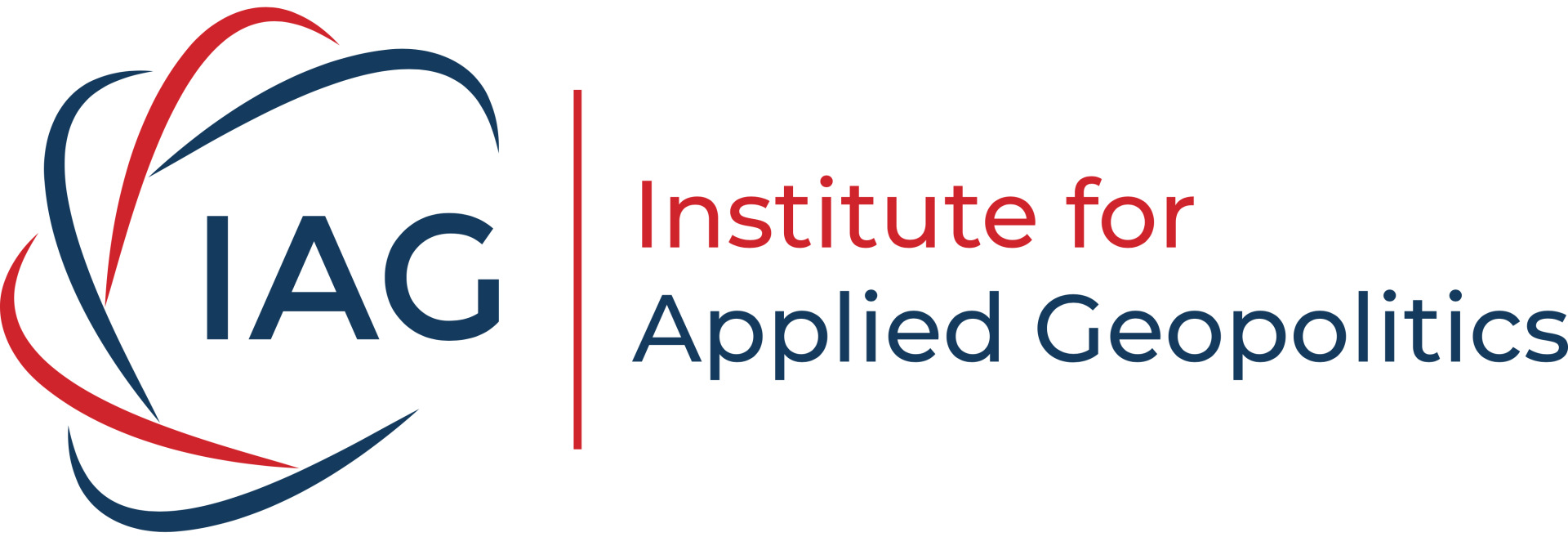Sudan and Cameroon Face Escalating Crises as Instability Spreads Across Africa

Intelligence Summary
Sudan’s civil war reached a critical turning point in late October 2025 when the Sudanese Armed Forces (SAF) withdrew from their last major stronghold in Darfur, the city of el-Fasher, following an 18‑month siege by the Rapid Support Forces (RSF). General Abdel Fattah al‑Burhan announced the withdrawal on October 27, stating that the decision was made to prevent further civilian casualties after weeks of intense fighting. The RSF’s capture of el‑Fasher gave it control over all five state capitals in Darfur, marking a decisive shift in the balance of power in the two‑and‑a‑half‑year conflict that began in April 2023.
Approximately 260,000 civilians, half of them children, were trapped in el‑Fasher before the city’s fall, with reports of more than 26,000 people fleeing to nearby towns such as Tawila in the days following the RSF takeover. The UN Human Rights Office documented widespread atrocities, including summary executions, arbitrary detentions, and ethnically motivated killings of civilians attempting to flee. The UN High Commissioner for Human Rights, Volker Türk, warned that the risk of further large‑scale, ethnically motivated atrocities was increasing daily.
Medical and civil society groups described the situation as catastrophic. The Sudan Doctors Network reported that RSF fighters looted hospitals, destroyed medical infrastructure, and killed dozens of civilians, calling the events a “heinous massacre”. The Darfur Network for Human Rights stated that more than 1,000 civilians were detained, including one of the few remaining local journalists. The Sudan Doctors Union characterized el‑Fasher as a “brutal killing field” and urged the international community to classify the RSF as a terrorist organization.
Eyewitness accounts from civilians fleeing the city described the RSF’s “safe corridors” as extortion routes where fighters demanded ransoms and subjected people to racial abuse and violence. One survivor recounted being forced to pay 2.5 billion Sudanese pounds (approximately 860 USD) to secure passage to Tawila, illustrating the collapse of law and order and the RSF’s use of checkpoints for profit and control. The same account detailed how hospitals had ceased functioning months earlier, with volunteers operating makeshift clinics under bombardment.
Satellite imagery analyzed by independent research institutions confirmed extensive damage extended to the Sudanese army’s 6th Division headquarters in el‑Fasher, consistent with close‑quarters combat and RSF occupation. The UN Secretary‑General Antonio Guterres described the seizure of el‑Fasher as a “terrible escalation” and called on foreign actors to stop supplying weapons to both sides, warning that external interference was prolonging the war. The International Criminal Court has said it is investigating alleged war crimes and crimes against humanity in Sudan.
The humanitarian toll across Sudan has become catastrophic. The UN estimated that more than 12 million people have been displaced and 24.6 million face acute hunger, with famine conditions reported in parts of Darfur. The overall death toll since April 2023 has surpassed 40,000, making Sudan the site of one of the world’s worst humanitarian crises.
In Cameroon, political instability deepened following the October 12, 2025 presidential election. The Constitutional Council declared President Paul Biya, aged 92 and in power since 1982, the winner with 53.66 percent of the vote, while opposition candidate Issa Tchiroma Bakary received 35.19 percent. Tchiroma rejected the results, claiming his coalition had secured over 60 percent of the vote and calling for nationwide peaceful protests. Demonstrations erupted in Douala and Garoua, where at least four people were killed in clashes with security forces in Douala on October 26.
Authorities imposed bans on demonstrations, but opposition supporters defied them, leading to violent confrontations. The Minister of Territorial Administration, Atanga Nji, accused opposition leaders of inciting insurrection. Reports indicated that two opposition politicians were detained, and dozens of activists were arrested nationwide. Civil society groups warned that the disputed election and violent repression risked plunging Cameroon into deeper unrest.
Why it Matters
The crises in Sudan and Cameroon illustrate the fragility of governance across parts of Africa and the growing potential for regional destabilization. In Sudan, the RSF’s capture of el‑Fasher consolidated its control over Darfur, effectively dividing the country between rival military factions. This outcome undermines prospects for a unified state and increases the likelihood of Sudan’s fragmentation, reminiscent of the 2011 secession of South Sudan. The RSF’s dominance in western Sudan also provides it with access to cross‑border trade routes into Chad, Libya, and the Central African Republic, potentially enabling illicit arms flows and the financing of operations through smuggling networks.
The UN’s warnings about foreign interference suggest that external powers are supplying arms or logistical support to both sides, sustaining the conflict and increasing damages. This dynamic complicates international mediation efforts and risks drawing in regional actors such as Egypt, the United Arab Emirates, and Russia, each with distinct interests in Sudan’s military and resource sectors. The RSF’s origins in the Janjaweed militias and its continued use of ethnically targeted violence raise the possibility of renewed genocide in Darfur, which would demand international legal and humanitarian intervention. The International Criminal Court’s investigation signals potential accountability measures, but enforcement will depend on cooperation from states that have influence over the competing parties.
The humanitarian collapse in Sudan also has strategic implications for neighboring countries. Massive displacement toward Chad and South Sudan strains already fragile border regions and could destabilize local governance. The famine conditions and destruction of medical infrastructure create conditions for disease outbreaks and long‑term population displacement, which may fuel migration toward North Africa and Europe. The RSF’s use of ransom and extortion tactics against civilians demonstrates the militarization of economic survival, blurring the line between combat operations and organized crime.
In Cameroon, the disputed election and violent suppression of protests exemplify the risks of autocracy in a country already facing violent conflicts from separatist groups in its Anglophone regions. The continuation of Paul Biya’s rule into a potential fourteenth term undermines democratic legitimacy and could lead to a renewed resistance. The opposition’s claims of electoral fraud and the government’s response indicate an unstable political space that may invite international scrutiny or sanctions.
Cameroon’s instability also carries regional security implications. The country is a key partner in counterterrorism operations against Boko Haram and Islamic State affiliates in the Lake Chad Basin. Prolonged unrest could weaken its security apparatus and create openings for extremist groups to expand operations. Economic disruption in Douala, Central Africa’s largest port, would also affect trade flows for landlocked neighbors such as Chad and the Central African Republic.
Together, the Sudanese and Cameroonian crises highlight the weakened state authority across central and eastern Africa. Both conflicts demonstrate how the combination of authoritarian governance, militarized politics, and external interference can produce humanitarian disasters with global repercussions. For international actors, these developments bring to attention the need for coordinated diplomatic engagement, targeted sanctions against perpetrators of atrocities, and strengthened support for regional peacekeeping and humanitarian operations. Without such measures, the instability in Sudan and Cameroon risks expansion into broader insecurity across the Sahel and Central Africa, undermining international efforts to stabilize the continent’s political and economic systems.
Key Actors
- Africa - Sudan - Cameroon - International Criminal Court (ICC)

